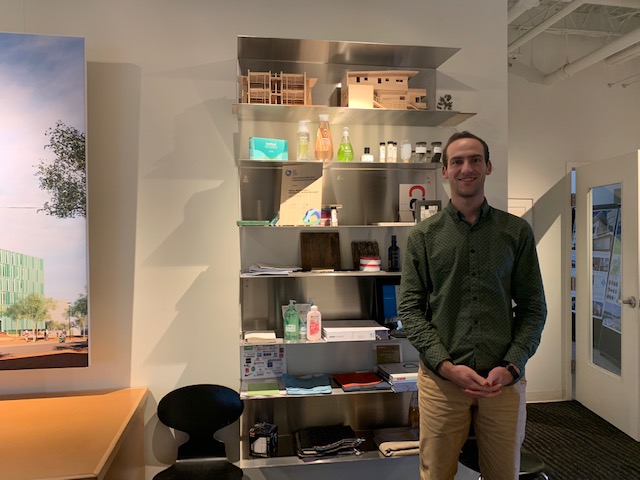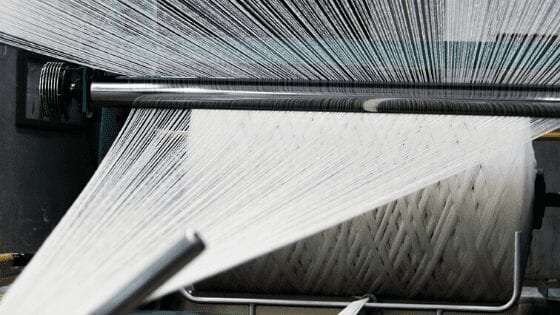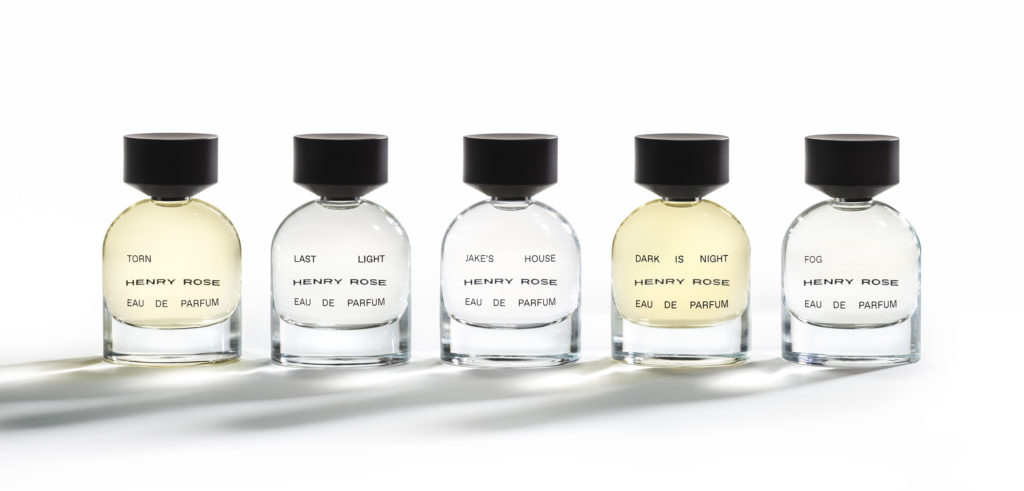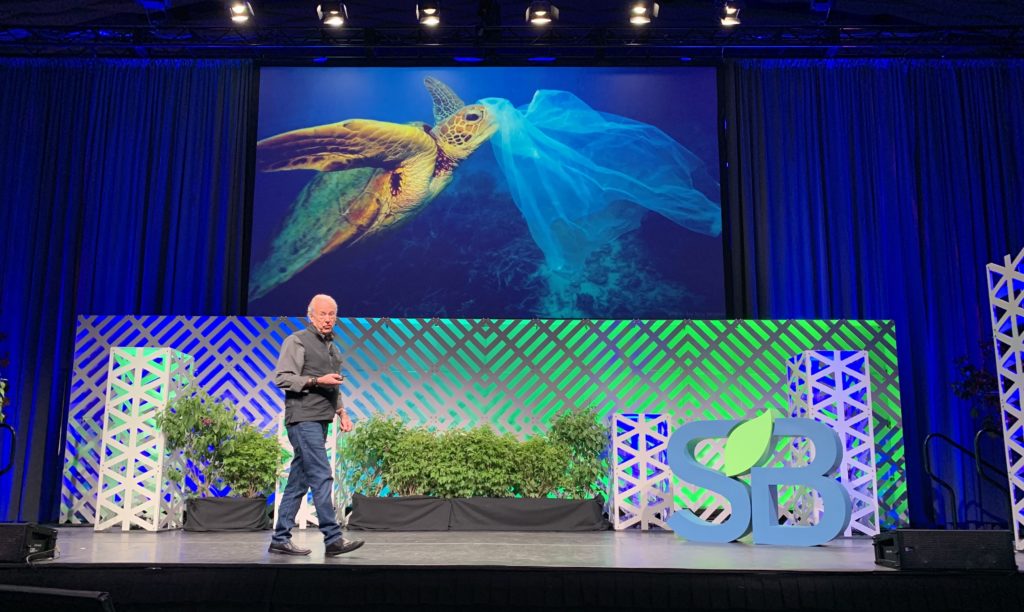By: Tobias Muellers
This fall I had the wonderful opportunity to work as an intern at MBDC. I was thrilled to work with some of the global leaders in the realm of sustainability and circular economy consulting. Given my interest in chemistry, I was particularly excited to learn more about MBDC’s Material Health Assessment process.
Below are some of the main takeaways from my time at MBDC:
Third-party certifications are crucial for helping customers understand what they are buying.
Before coming to MBDC I only looked for third-party certifications when buying groceries. I didn’t think I had much to gain from information found on the back of a bottle of soap or a T-shirt. One of the first things that struck me as I learned the Cradle to Cradle Material Assessment Standard was just how complex most consumer products actually are. I found out that most of the merchandise one finds in a convenience store, hardware store or clothing retailer, advertised with bright colors and catchy names, are highly intricate products with optimized chemistries. On one’s own, there is no way to even begin to guess which products are good for the environment or safe next to one’s skin. Because of this, I learned that objective certifications such as Cradle to Cradle Certified™ are some of the only ways to quickly understand the social and environmental impacts of a product in a meaningful way.
Circular economy ideas are spreading quickly across the world.
MBDC’s growing partnerships in Indonesia were just one piece of evidence showing a rapid global interest in Cradle to Cradle Design™ and circular economy ideas more broadly. As industry leaders like Walmart, Shaw Industries, Method and Steelcase have already shown the way forward, it was inspiring to watch as new companies joined the Cradle to Cradle Certified™ Products Program. Bolstered by other groups like Fashion for Good and the Ellen MacArthur Foundation, during my short time at MBDC I watched Cradle to Cradle and circular economy ideas pass through multiple countries and industries on their way to global ascendancy.
Outside of the typical environmental activism spotlight, many large companies across the world are sustainably developing their products to be safer for human and environmental health.
One of the most exciting parts of working at MBDC was knowing that I was helping make a significant environmental and social impact. Helping products achieve Cradle to Cradle Certified™ moves both large and small companies toward manufactured goods that function as biological or technical nutrients, things that can be Upcycled and generate positive outcomes. Whether companies partner with MBDC to improve the environmental and human health profile of their materials through innovative chemistries, or aim to achieve their maximum Cradle to Cradle certification level, it was rewarding to work with others who are quickly and effectively making consumer products safe and circular for the world.



